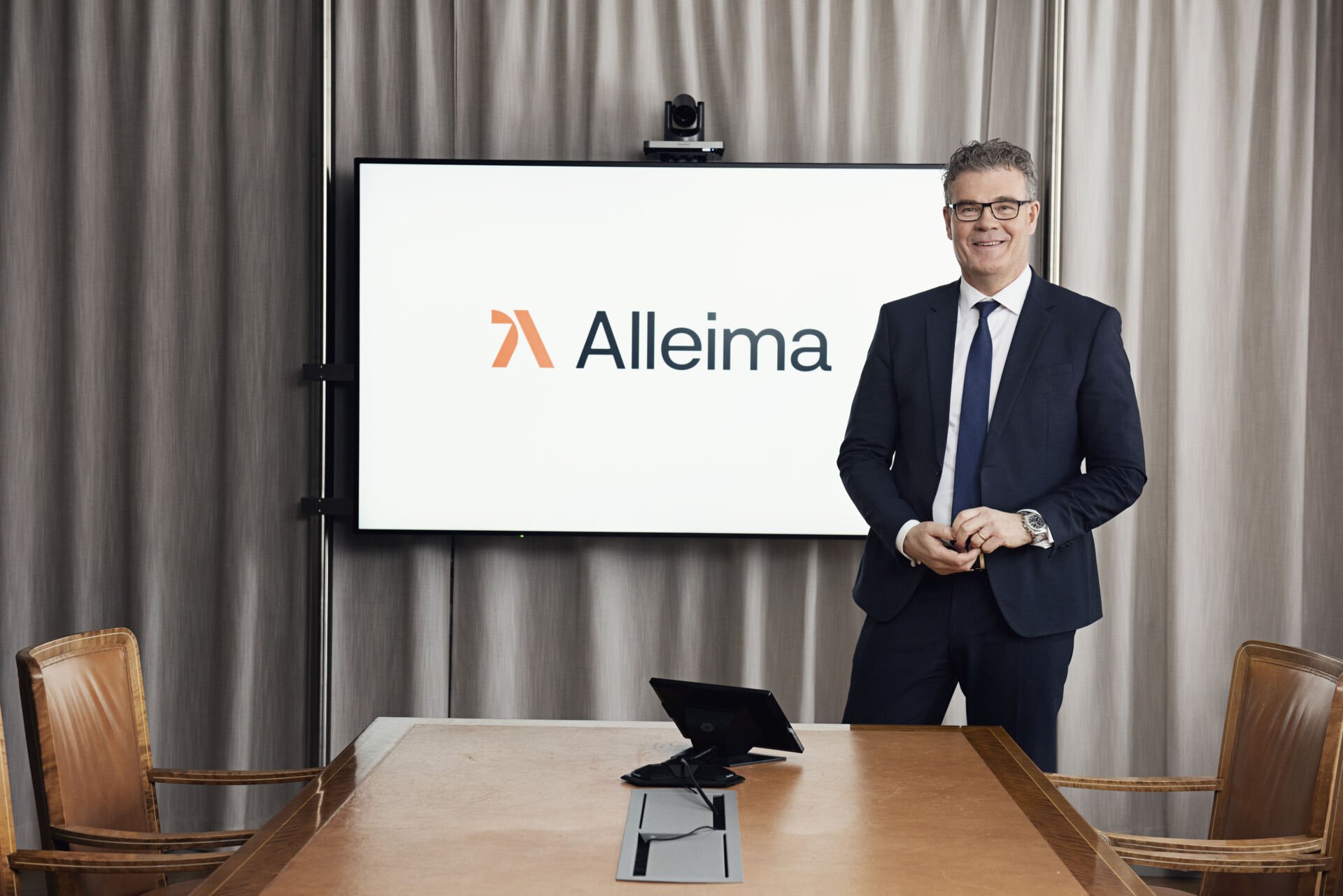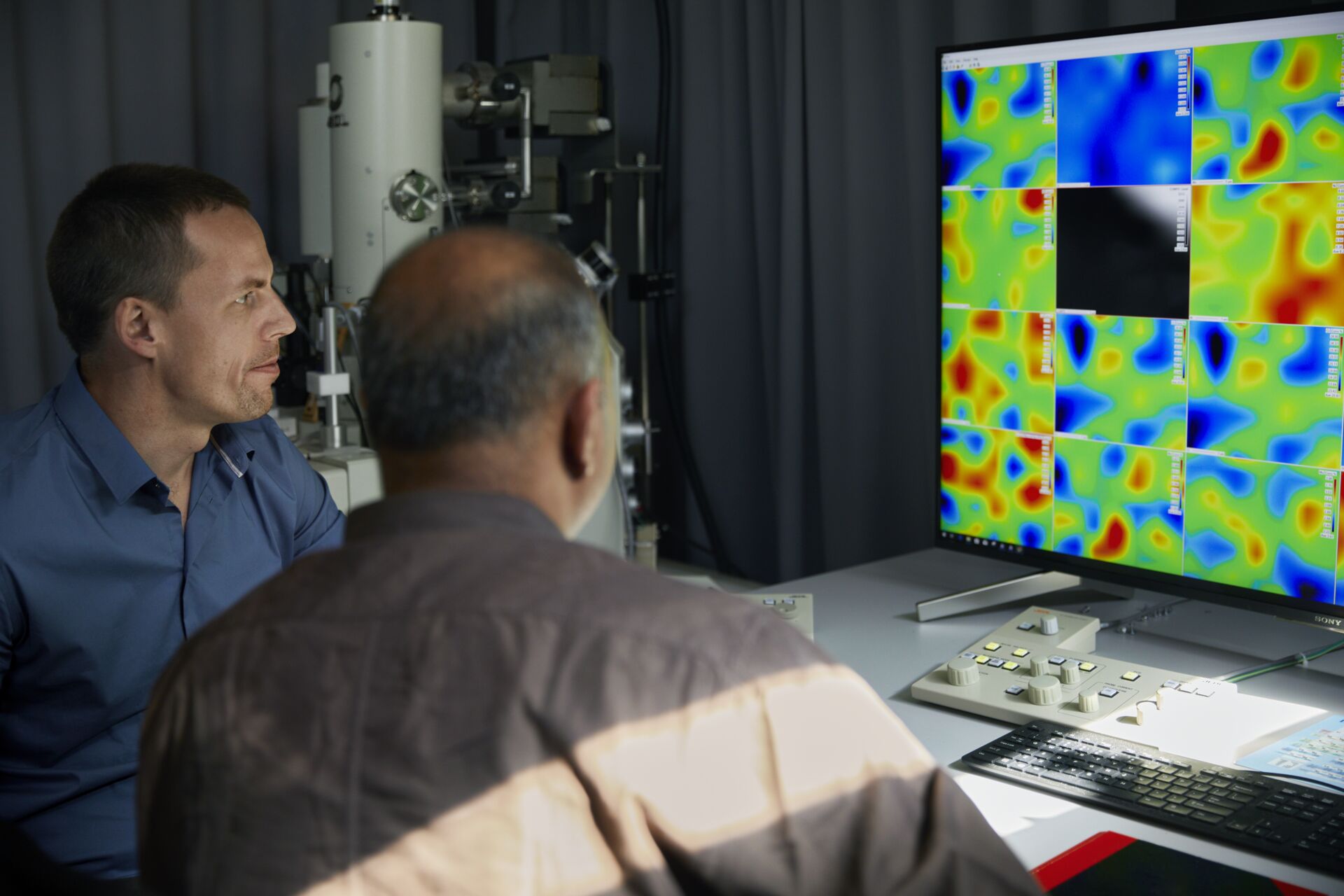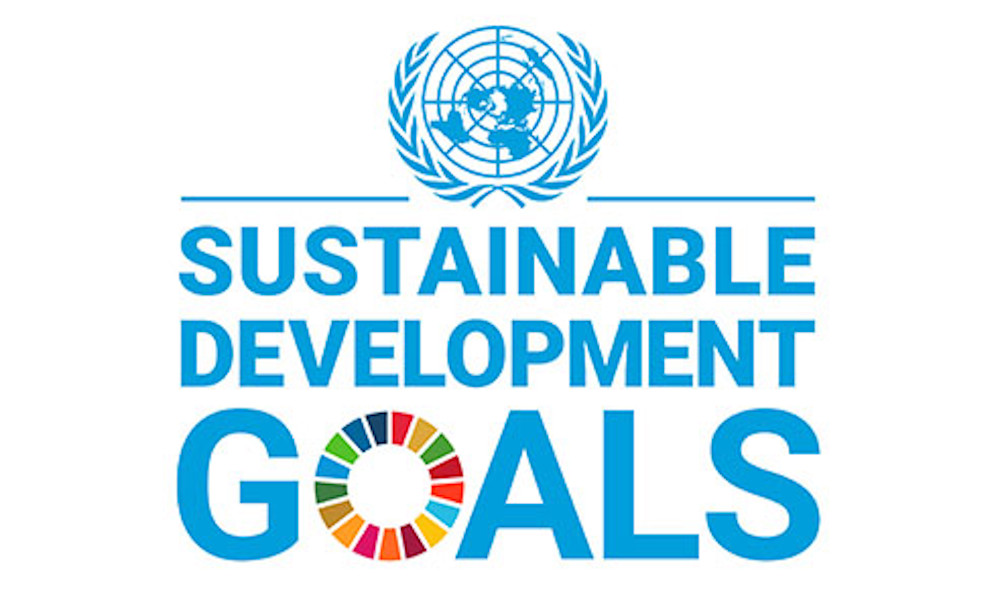Sustainability isn't a box to tick, it is a continuous effort. We work together with our customers and communities to make innovative changes that bring a real difference.
Menu
- Home
-
Products
-
Wire
- Ultra-fine medical wire
- Fine wire
- Electroplating and electropolishing of wire and parts
-
Tube, pipe, fittings and flanges
- Articles
- E-Track
- Tradeshows
- Technical services
- Approvals and standards
- Stock program
-
Tubular products
- Zirconium tubes
- Umbilical tubes
- Titanium tubes
- Thermocouple tubes
- Superheater tubes
- Subsea tubes
- Stripper tubes
- Steam generator tubes
- Scrubber tubes
- Riser tubes
- Reheater tubes
- Recuperator tubes
- Production tubing (OCTG)
- Precision tubes
- Nuclear steam generator tubing
- Nuclear fuel tubes
- Nitric acid tubes
- Muffle tubes
- Medical tubes
- Mechanical tubing
- Laying head pipe
- Lance tubes
- ISO/EN tubes
- Hydraulic and instrumentation tubing
- Hollow bar
- High-temperature tubes
- High-pressure tubes
- Heat exchanger tubes
- GDI and CNG fuel system tubes
- Furnace tubes
- Flowline piping
- Flanges
- Fittings
- Finned tubes
- Evaporator tubes
- Ethylene furnace tubes
- Downhole casing
- Control lines
- Condenser tubes
- Composite tubes
- Coiled tubing
- Chemical injection lines
- Capillary tubes
- Boiler tubes
- Bimetallic tubes
- ASME/ASTM welded pipe
- ANSI/ASME pipe
- Aerospace tubes
- High-performance materials
- List of alloys
-
Strip steel
-
Strip products
- Compressor valve steel
- Razor blade steel
- Doctor blade steel
- Precision strip steel
-
Knife steel
- Damax™ damascus steel
- Knife steel knowledge
- Size range
- Mechanical properties
- Material selection table
- Our knife steels
-
Hardening guide
- Purpose of hardening and tempering
- The hardening procedure
-
Hardening programs
- Alleima® 7C27Mo2 piece hardening
- Alleima® 7C27Mo2 batch hardening
- Alleima® 19C27 piece hardening deep freezing -70°C/95°F
- Alleima® 19C27 piece hardening
- Alleima® 19C27 batch hardening deep freezing -70°C/-95°F
- Alleima® 19C27 batch hardening
- Alleima® 14C28N piece hardening deep freezing -70°C/-95°F
- Alleima® 14C28N piece hardening deep freezing -20°C/-5°F
- Alleima® 14C28N piece hardening
- Alleima® 14C28N batch hardening deep freezing -70°C/-95°F
- Alleima® 14C28N batch hardening deep freezing -20°C/-5°F
- Alleima® 14C28N batch hardening
- Alleima® 13C26 piece hardening deep freezing -70°C/-95°F
- Alleima® 13C26 piece hardening
- Alleima® 13C26 batch hardening deep freezing -70°C/-95°F
- Alleima® 13C26 batch hardening
- Alleima® 12C27M piece hardening -20°C/-5°F
- Alleima® 12C27M piece hardening
- Alleima® 12C27M batch hardening deep freezing -20°C/-5°F
- Alleima® 12C27M batch hardening
- Alleima® 12C27 piece hardening deep freezing -70°C/-95°F
- Alleima® 12C27 piece hardening deep freezing -20°C/-5°F
- Alleima® 12C27 piece hardening
- Alleima® 12C27 batch hardening deep freezing -70°C/-95°F
- Alleima® 12C27 batch hardening deep freezing -20°C/-5°F
- Alleima® 12C27 batch hardening
- Spring steel
- Shock absorber strip steel
- Coated steel strip
- Thermocouple strip
- Resistance heating strip
- Applications
- Medical strip steel
- Size tolerances
- Shape
- Edges
- Surfaces
- List of alloys
- Alloy surcharges
-
Strip products
- Plate and sheet
- Furnace products and heating systems
- Coated Strip Steel
- Billets and blooms
- Solid bar and hollow bar
-
Wire
-
Technical center
- Corrosion tables
- Corrosion knowledge
- Safety information sheets (SIS)
- Welding guide
- Shielding the weld
- Material datasheets
- Pressure calculations
- Whitepapers
-
Webinars
- The Duplex Stainless Steel Webinar Series: Get the best of both worlds
- Carbon Capture, Utilization, and Storage: Introduction to Material Selection Webinar
- Carbon Capture, Utilization, and Storage: Introduction to Material Selection Webinar
- Captura, Utilização e Armazenamento de Carbono : Uma Introdução a Seleção de Materiais
- Fertilizer Applications: Corrosion Resistant Material Selection
- Corrosion Resistant Alloys for Heat Exchanger in the Chemical Process Industry
- Sanicro 35: Bridging the Gap Between Stainless and Nickel Alloys for Refinery Applications
- Investors
- News & media
- About us


 “Sustainability is present in all aspects of our operations and is an integral part of our commercial strategy. The main contribution to sustainability is through our product offering, enabling the transition to renewable energy sources, electrification of industries, innovation in the medical sector and much more. We also actively seek to minimize the impact on the environment via our operations”, says Göran Björkman, President and CEO of Alleima.
“Sustainability is present in all aspects of our operations and is an integral part of our commercial strategy. The main contribution to sustainability is through our product offering, enabling the transition to renewable energy sources, electrification of industries, innovation in the medical sector and much more. We also actively seek to minimize the impact on the environment via our operations”, says Göran Björkman, President and CEO of Alleima. “This is a natural step for us in doing our part in combatting climate change. As scientists have shown, the CO2 emissions must come down to much lower levels and the Paris Agreement with its 1.5-degree target is clear”, says Håkan Sundström, Head of Governance and Sustainability at Alleima.
“This is a natural step for us in doing our part in combatting climate change. As scientists have shown, the CO2 emissions must come down to much lower levels and the Paris Agreement with its 1.5-degree target is clear”, says Håkan Sundström, Head of Governance and Sustainability at Alleima.

